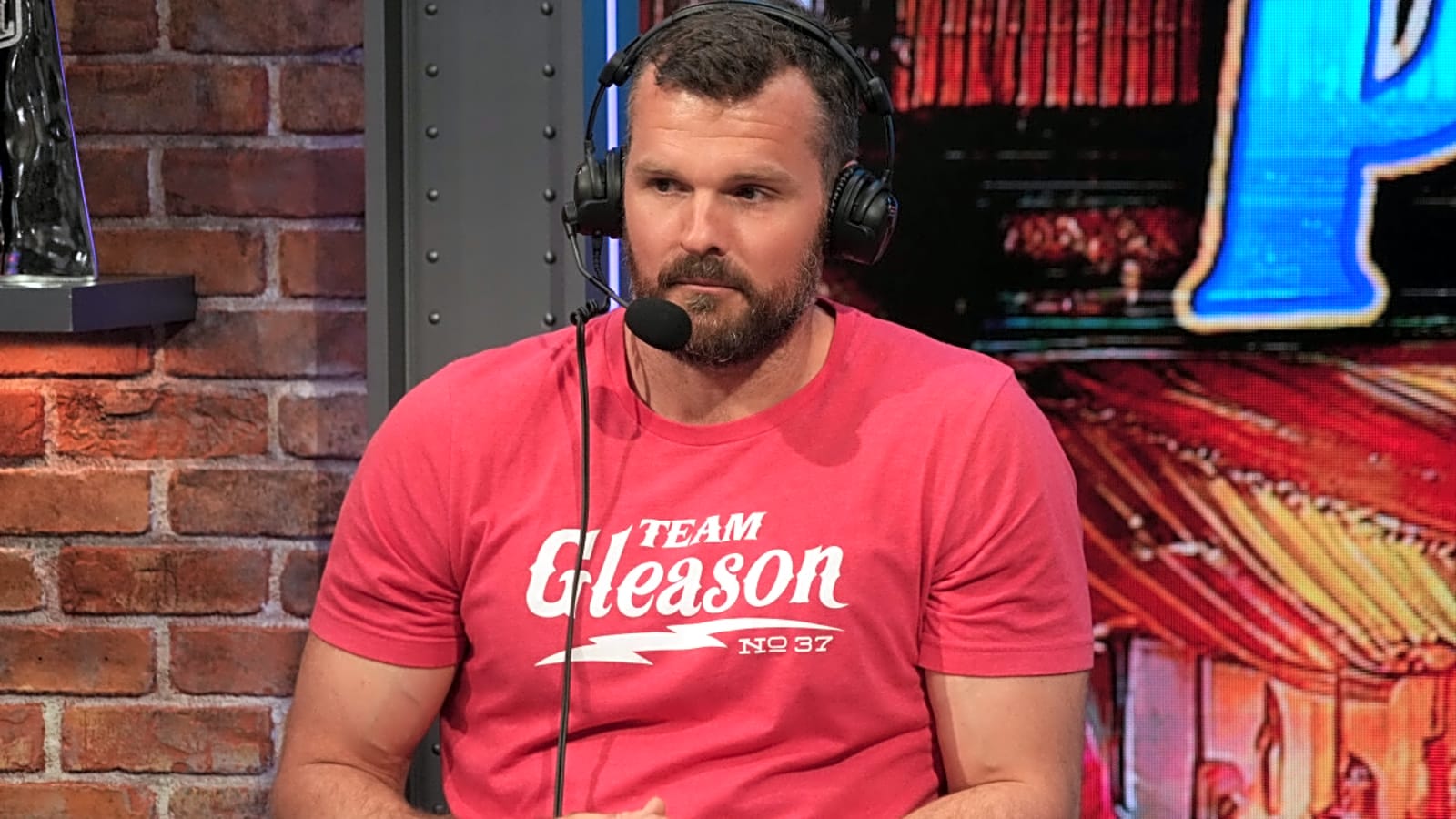The Philadelphia Flyers re-signed Tyson Foerster to a two-year deal and we go over why it was smarter to go with a short-term contact compared to commit long term.

The Philadelphia Flyers signed now former restricted free agent Tyson Foerster to a two-year bridge deal that comes in at a $3.75-million AAV. Checking one thing off of general manager Danny Briere’s to-do list this offseason before the Stanley Cup has been handed out is some tidy piece of business.
While some people might have preferred that the Flyers committed more years and more dollars to Foerster — trying to buy low and bet on the eventual improved production — it was genuinely a very smart bet to make to stick it to just a couple years. It’s not the set-it-and-forget-it kind of contract that most people love to see get signed and then be able to boast about how smart their general manager is to read the tea leaves and lock up a young player’s prime years. But, there are a few reasons why signing Foerster to his new two-year deal is the most ideal scenario for both team and player.
Letting Foerster bet on himself in pivotal seasons
First and foremost, when thinking about what the next two seasons can possibly be like for the 23-year-old winger, it’s easy to see why Foerster opted to re-sign for just a couple years. After scoring 20 goals in back-to-back seasons, Foerster is poised to improve his scoring touch even more as he enters his prime and especially considering that the Flyers should be adding more talent for him to play with and raise his production further.
He has all the tools to be capable of scoring several more goals in each of those seasons and if the Flyers’ power play suddenly is not the worst in the entire NHL, the points will just come pouring in.
But, while it may seem like this just benefits the player as he gets to negotiate a new contract in two years and would hypothetically have even more evidence and support for a massive pay raise, it would help the Flyers out too. No one truly wants this short-term contract to ultimately be the best choice because of the Flyers being risk avoidant — it is ideal because Foerster will have a drive to cash in on his next deal, and would, in turn, make the Flyers win more hockey games during these two years.
It’s just letting the player be a self-motivator instead of handing him several million dollars a season and just hoping that he can live up to it and stick on the upwards trajectory that he is currently on.
Keeps Flyers’ cap structure very flexible for future big-time additions
Of course, when you’re talking about new contracts you have to look at the entire team’s cap structure and how it will work within it. It’s the bookkeeping part of being a hockey fan.
With the Flyers signing Foerster to a contract with a $3.75-million AAV, it leaves the door open for so many more possibilities. In the hypothetical scenario where the team opted to go full-force and find a dollar that Foerster and his agent would want on a deal that is six or seven years long, it would have likely been around double what he will be making on this bridge contract.
All that Briere has left to do when it comes to current players on this team, is re-sign defenseman Cam York, and forwards Noah Cates and Jakob Pelletier to new deals. If we do some rough math and stretching of what we could possibly see, if all three players sign similar short contracts, they might add up to around $7.5 million combined. That would then leave the Flyers with a full roster and over $15 million in cap space before the 2025-26 season.
That is a substantial amount of flexibility this team could have. They can save it all to pull off wild trades at the deadline next year. They could throw a bunch of money at a key free agent on a one-year deal just because they can and suddenly this team is looking like something destined to make the playoffs. The Flyers can acquire a player who is making way too much money, but would still be a useful-but-overpaid piece on this team.
With more room, the possibility of the Flyers becoming a dangerous threat increases and that’s why signing Foerster to just a two-year deal works out for the team right now.
Plus, we’ve heard all about this work that the Flyers are going to put in for next year’s free agent class that features Connor McDavid, Cale Makar, Artemi Panarin, Jack Eichel, Kyle Connor, Kirill Kaprizov, and other star talents. If they want to get one of those names, they are going to have to pay up big and if they committed over $7 million to Foerster right now, that few million or so could really be the difference between being able to sign one of the best hockey players on the planet and not.
It gives them way more options in the next couple of years compared to what they would be able to do if they handed Foerster his cartoonishly large sack of cash.
Unlikely for restricted free agents to commit long-term right now
All in all, it might have been impossible for the team and player to come to an agreement for a long-term contract anyways. With the salary cap ceiling set to explode in the coming years and each team having tens of millions more to use in just a couple of years, there is no reason for any restricted free agent to sign a contract that takes them into and past their prime.
What could be a big payday, $8-million AAV contract today, could end up looking more like something you pay your solid third-line center in the matter of four or five years. Foerster shares an agent with Owen Tippett, who just last year signed a mega eight-year contract with a $6.25-million AAV cap hit. That kind of deal would not be signed today even if Tippett was slightly disappointing in the first year of his deal. That cap hit is going to look mighty fine if he starts to score 30 goals consistently and even if he stays the same, it’s still perfectly fine for what he is. That same agent, Murray Koontz, was not going to make the same mistake twice while dealing with the same team.
Not to kibosh the entire point that it wasn’t going to happen regardless, but it is very hard to try and project what a player’s impact on the cap is going to be beyond a few years. It really is only pending unrestricted free agents — like Washington Capitals defenseman Jakob Chychrun — who are being overpaid in the short term to bet on the long-term outlook of the salary cap ceiling and his contract looking like small potatoes when he might not be the same player he is today.
All in all, it is a move that gives the Flyers more options to improve the team right now. And that’s sort of what we want anyways.



